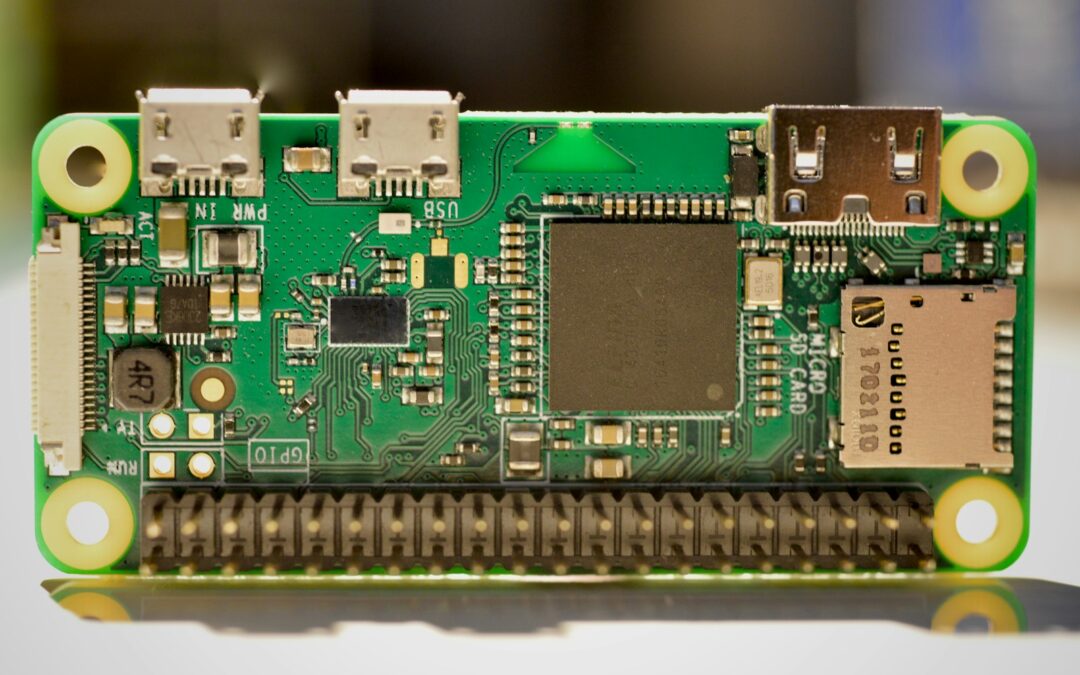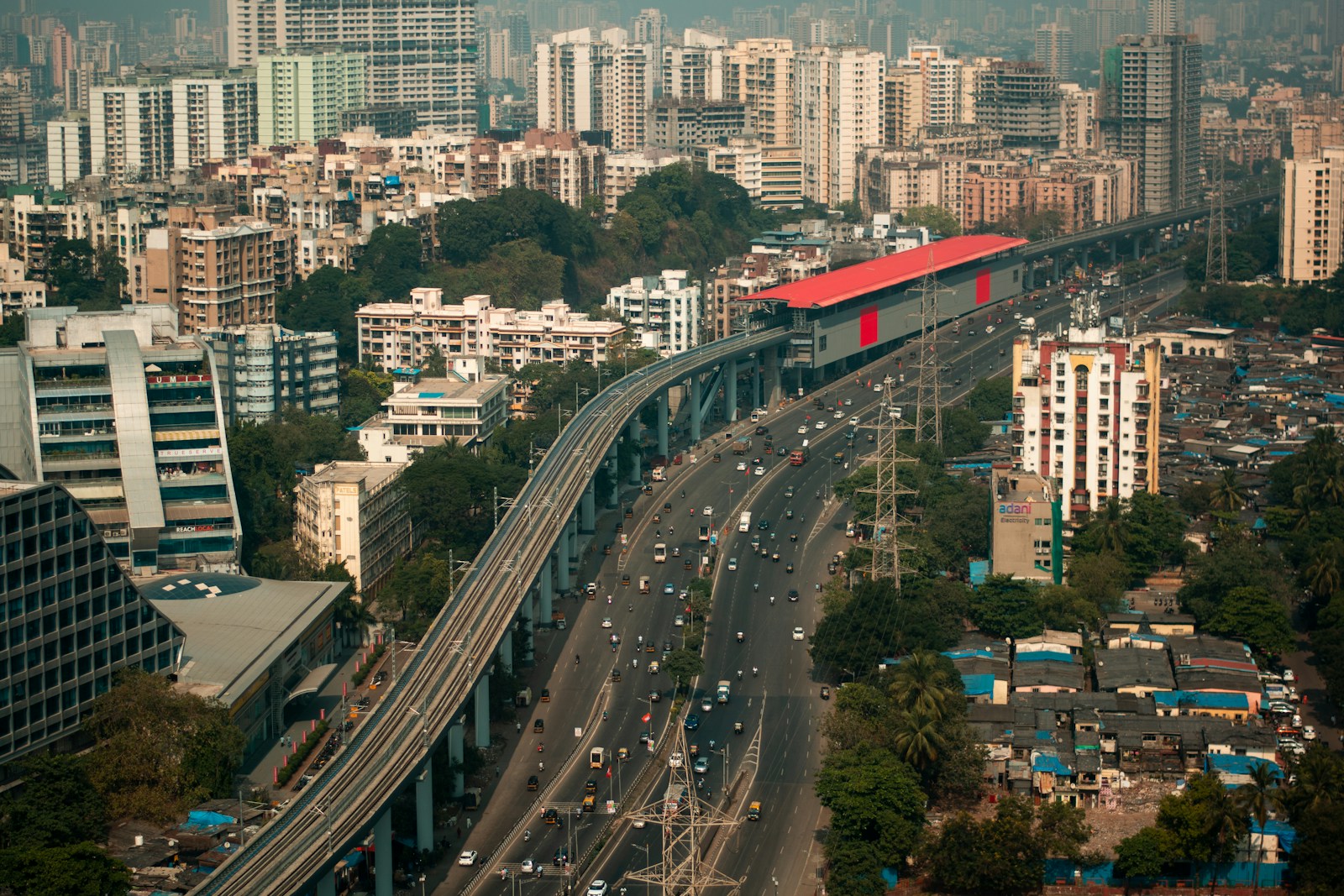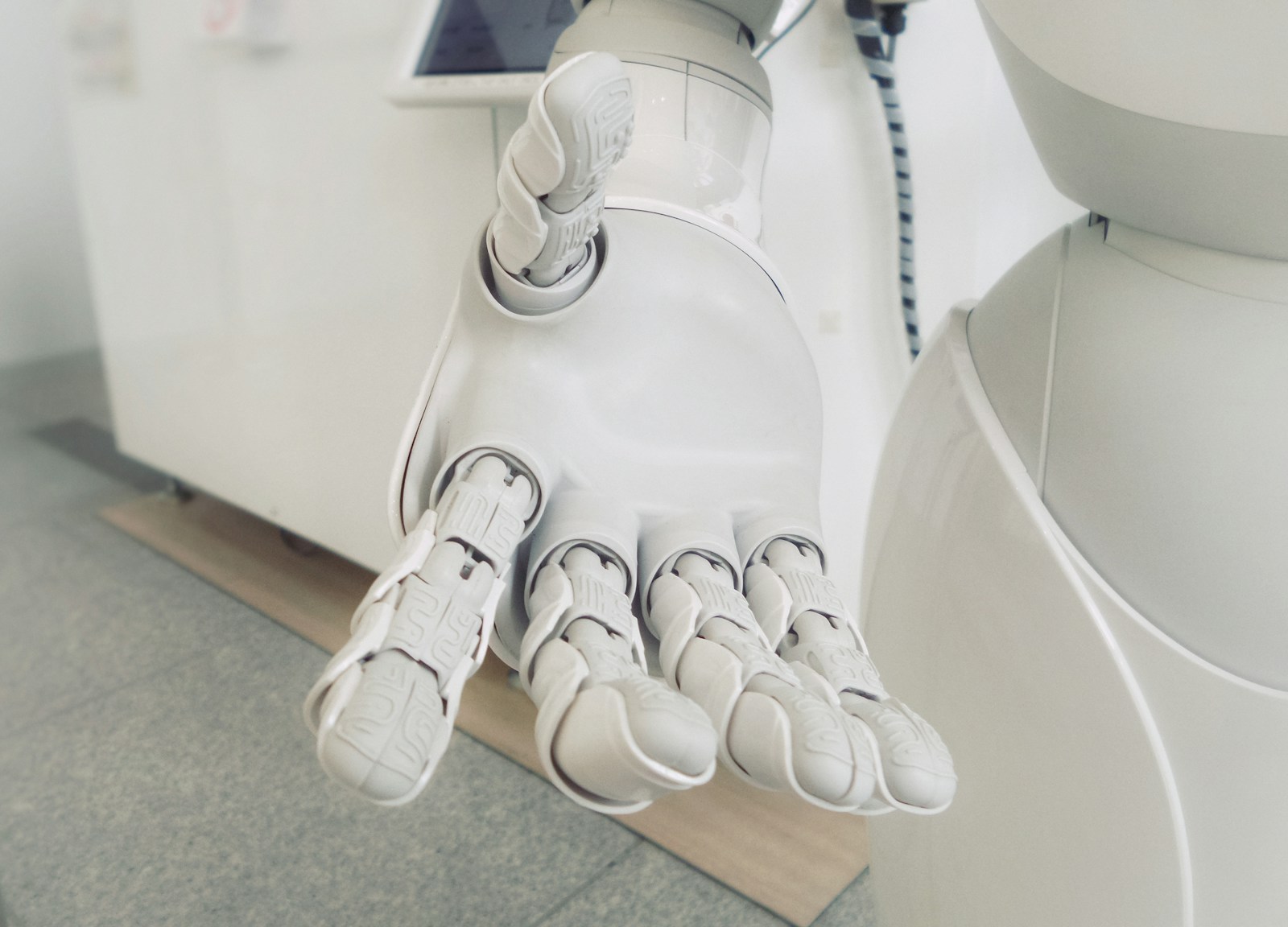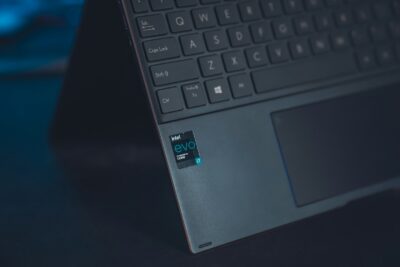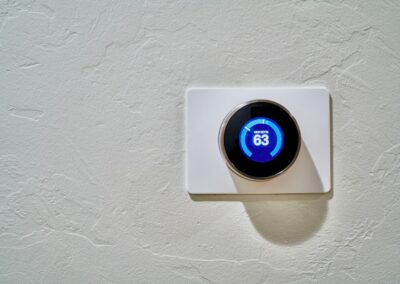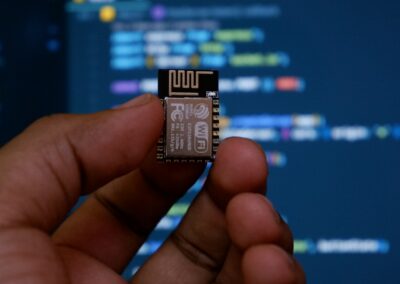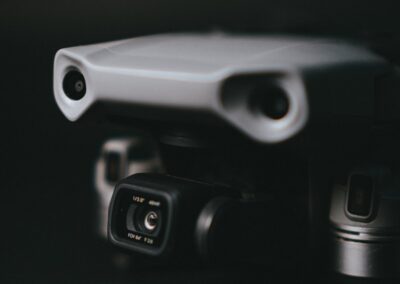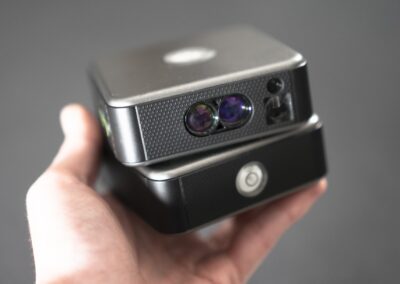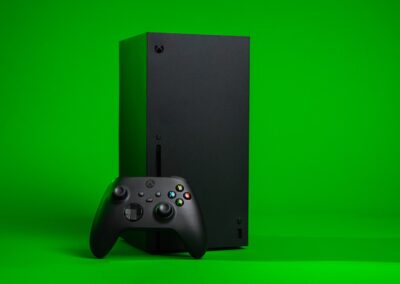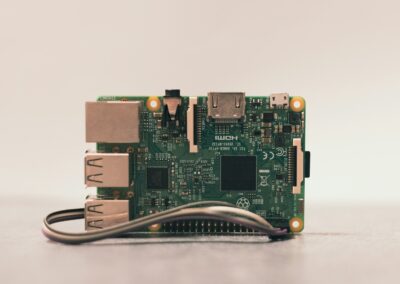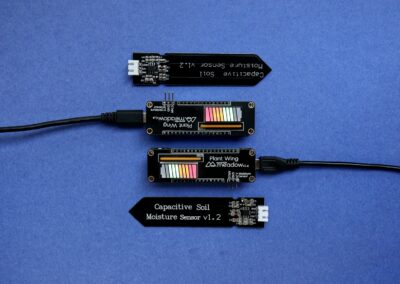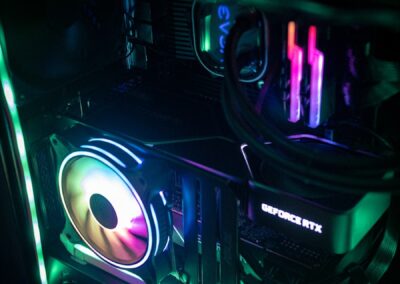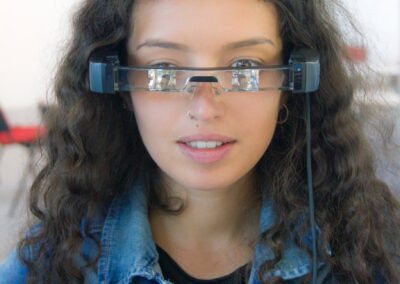Understanding the Role of Sensors and Actuators in IoT Systems
The Importance of Accurate and Reliable Sensors
Selecting sensors and actuators for IoT systems is a critical process that determines the efficiency and reliability of the overall system. Sensors play a pivotal role in gathering data from the environment, which is essential for the functionality of any IoT application. Whether it’s monitoring temperature, humidity, light, or motion, the accuracy and reliability of sensors directly impact the quality of the data collected. In regions like Saudi Arabia and the UAE, where technological advancements are rapidly evolving, the importance of choosing the right sensors cannot be overstated.
For instance, in smart city projects in Riyadh and Dubai, sensors are utilized to monitor and manage various aspects of urban infrastructure, such as traffic flow, air quality, and energy consumption. The precision of these sensors ensures that the data collected is reliable, enabling city planners to make informed decisions that enhance urban living. When selecting sensors, considerations such as sensitivity, range, accuracy, and environmental conditions must be taken into account to ensure optimal performance.
Key Factors in Choosing Actuators for IoT Systems
Actuators, on the other hand, are responsible for taking action based on the data received from sensors. They are crucial for automating processes and executing commands in IoT systems. For example, actuators in smart home systems can control lighting, heating, and security systems based on sensor data. In industrial applications, actuators might regulate machinery or adjust production processes to maintain efficiency and safety.
When selecting actuators for IoT systems, factors such as response time, power consumption, precision, and compatibility with other system components are critical. In the UAE, where smart building technologies are on the rise, the choice of actuators can significantly influence the efficiency and sustainability of these buildings. Actuators that provide rapid and accurate responses while consuming minimal power contribute to the overall effectiveness of IoT implementations.
Ensuring Compatibility and Integration in IoT Systems
Another key consideration in selecting sensors and actuators for IoT systems is ensuring compatibility and seamless integration with existing infrastructure and technologies. In complex IoT ecosystems, various devices and components must work together harmoniously to deliver the desired outcomes. This is particularly important in large-scale projects, such as those seen in Saudi Arabia’s Vision 2030 initiative, which aims to integrate advanced technologies across various sectors.
Compatibility issues can lead to data inaccuracies, system malfunctions, and increased maintenance costs. Therefore, it is essential to choose sensors and actuators that are compatible with the communication protocols, software platforms, and other devices used in the IoT system. Ensuring this compatibility not only enhances system reliability but also simplifies the process of scaling and upgrading the system as new technologies emerge.
Optimizing IoT System Performance with the Right Components
Balancing Cost and Performance in Sensor Selection
While selecting sensors and actuators for IoT systems, balancing cost and performance is a crucial consideration. High-quality sensors and actuators often come at a premium, but they offer better accuracy, reliability, and longevity. However, budget constraints may require businesses to find a balance between cost and performance without compromising the system’s overall effectiveness.
In the context of smart agriculture projects in Saudi Arabia and the UAE, for example, selecting cost-effective yet reliable sensors for monitoring soil moisture, temperature, and crop health is vital. These sensors must provide accurate data to optimize irrigation and farming practices, enhancing productivity and sustainability. Evaluating the total cost of ownership, including maintenance and replacement costs, helps in making informed decisions that ensure long-term benefits.
Incorporating Advanced Technologies for Enhanced Functionality
The integration of advanced technologies such as Artificial Intelligence (AI), Blockchain, and Generative AI into IoT systems can significantly enhance the functionality and value of sensors and actuators. AI algorithms can analyze sensor data in real-time, providing predictive insights and automating decision-making processes. Blockchain technology ensures data integrity and security, which is crucial in applications requiring high levels of trust and transparency.
For businesses and government projects in Dubai and Riyadh, leveraging these advanced technologies can drive innovation and efficiency. For instance, AI-powered sensors in smart healthcare systems can monitor patient vitals and predict potential health issues, allowing for timely interventions. Similarly, blockchain can be used to secure data from environmental sensors, ensuring the authenticity of the data used for regulatory compliance and sustainability reporting.
Future Trends in IoT Sensors and Actuators
The future of IoT systems is poised for significant advancements, driven by ongoing innovations in sensor and actuator technologies. Trends such as the development of self-powered sensors, improved miniaturization, and the integration of multifunctional sensors are set to enhance the capabilities of IoT applications. These advancements will enable more precise monitoring, lower power consumption, and greater flexibility in deployment.
In the rapidly growing smart cities of Saudi Arabia and the UAE, staying ahead of these trends is essential for maintaining technological leadership. The adoption of next-generation sensors and actuators will support more sophisticated IoT solutions, addressing complex challenges in urban management, healthcare, and industrial automation. By continuously evaluating and incorporating emerging technologies, businesses and governments can ensure that their IoT systems remain robust, scalable, and future-proof.
Conclusion
Selecting sensors and actuators for IoT systems is a critical process that significantly impacts the performance, reliability, and efficiency of these systems. By considering factors such as accuracy, compatibility, cost, and the integration of advanced technologies, businesses and government projects in Riyadh, Dubai, and beyond can optimize their IoT implementations. As the technology continues to evolve, staying informed about emerging trends and innovations will be key to leveraging the full potential of IoT for data-driven decision making and enhanced business outcomes.
—
#SelectingSensorsAndActuators #IoTSystemComponents #IoTSensors #IoTActuators #SmartTechnology #SaudiArabia #UAE #Riyadh #Dubai #ArtificialIntelligence #Blockchain #TheMetaverse #GenerativeAI #ModernTechnology #BusinessSuccess #LeadershipSkills #ProjectManagement

